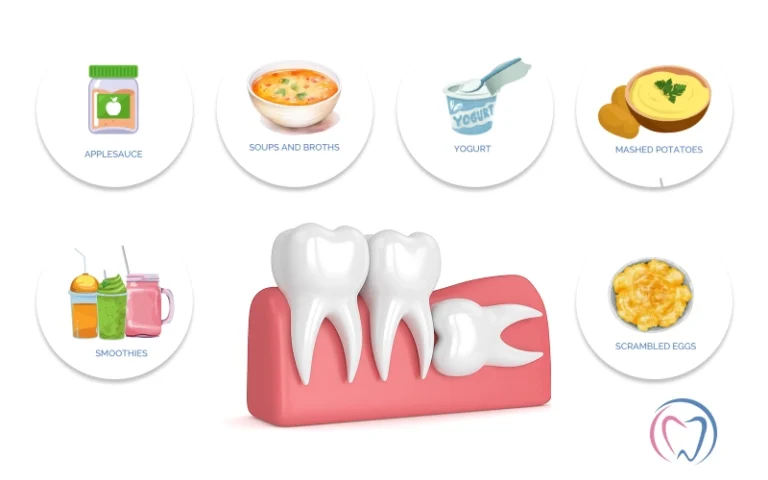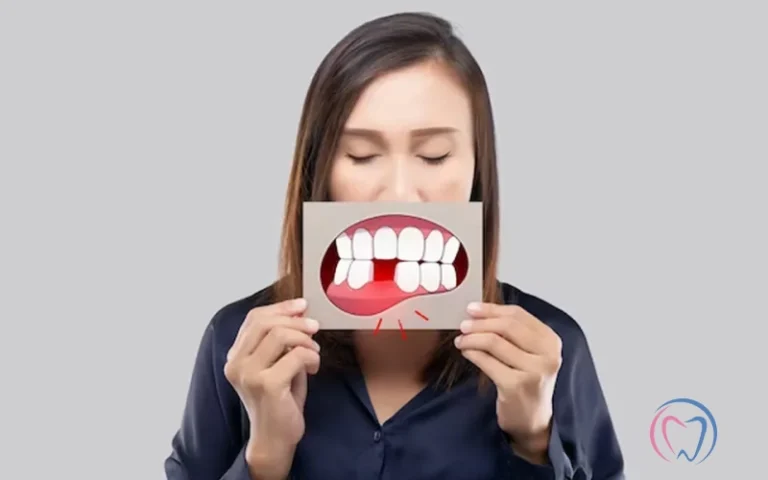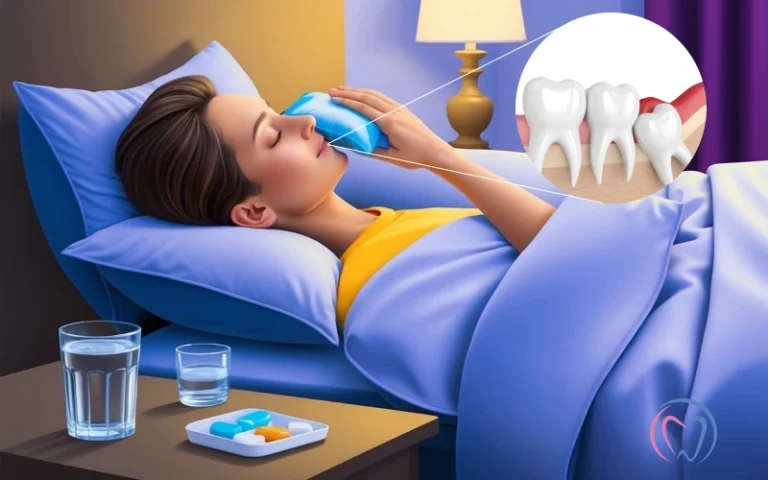Chewing gum has been a common habit for hundreds of years, and it is often associated with fresh breath and a pleasant pastime. However, chewing gum has sparked debate regarding its effects on dental health beyond its obvious appeal as a minty refresher. Is it just a sweet treat, or do its benefits justify its use in oral care? Let’s dive into the less common aspects of chewing gum and how it affects dental health.
The scientific explanation about chewing gum
Modern chewing gums are designed to provide more than just a pleasing taste. The formulation of many products includes specific ingredients that aid in dental health, making them more than mere convenience items. Here‘s how gum interacts with your oral environment;
- Saliva stimulation – This is increased by chewing gum, which is a natural defense mechanism against cavities and other oral issues.
- Plaque reduction – Active ingredients can be found in some gums that can decrease the bacteria, which leads to plaque buildup.
- Strengthening enamel – Sugar-free gum is frequently made up of compounds like xylitol, which have been found to improve tooth enamel.
Benefits of chewing gum for dental health
- Enhanced saliva flow – Chewing gum has the significant benefit of stimulating saliva flow. As a natural buffer, saliva neutralises acids produced by bacteria in the mouth. If these acids aren’t controlled, they can damage tooth enamel and cause cavities.
The flow of saliva increases, which not only removes food particles but also provides essential minerals like calcium and phosphate to the teeth helping to remineralize. After meals, saliva stimulation is especially beneficial because acid levels in the mouth are at their highest. By chewing gum for 20 minutes after eating, you can significantly reduce the risk of tooth decay. - Relieving dry mouth ( Xerostomia ) – The feeling of dryness in your mouth is caused by this Xerostomia. This can lead to numerous oral health issues, such as bad breath, cavities and gum disease. Sugar-free gum can be a practical solution for dry mouth, providing relief and making a healthier oral environment.
- Preventing harmful bacteria by using Xylitol – There are different types of chewing gums. Gums that are sugar-free, particularly those that contain Xylitol are extremely beneficial for dental health. This is a natural sweetener that inhibits the growth of cavity-causing bacteria. Compared to regular sugar, Xylitol is not able to be fermented by bacteria in the mouth, resulting in a reduction in acid production.
In addition, xylitol lessens the stickiness of plaque, making it simpler to remove while brushing and flossing. Studies have shown that consistent use of Xylitol-containing gum can significantly reduce the incidence of cavities over time. - Stress relief for teeth grinders – Teeth grinding is a common condition that can lead to chipped teeth, jaw pain and headaches. Chewing gum is a useful alternative for people who clench or grind their teeth due to stress, allowing them to relieve tension in a less harmful manner. However, it is important to chew in moderation, as excessive chewing can strain the jaw muscles.
- Achieve better oral posture and jaw exercise -Chewing gum can help improve oral posture and the health of jaw muscles. Regular chewing strengthens the muscles around the jaw and enhances overall coordination. This benefit is often overlooked, but it is particularly important for people who are recovering from jaw injuries or seeking to maintain a healthy bite.
Chewing gum is a better option than traditional oral hygiene practices;
Chewing gum can have unique advantages, but it should not be substituted for brushing flossing and routine dental check-ups. When brushing is not an immediate option, gum can be added to these practices to provide additional protection.
- Whether you are in the office or on the way, chewing gum can help freshen your breath and decrease mouth acidity.
- Gum can be used to stimulate saliva flow and prevent dry mouth when there are long periods between meals.
However, over-reliance on gum should be avoided as it cannot remove plaque as effectively as a toothbrush or floss.
How to choose the right chewing gum for dental health?
When selecting chewing gum to benefit your oral health, look for these features;
- Sugar-free gums are healthier and less likely to contribute to tooth decay.
- Xylitol is a great option for gums because it fights cavities.
- Ensure that the ADA Seal of Approval is endorsed by reputable dental organisations.
Popular brands and sugar-free options with dental benefits are widely available in Australia.
Chewing gum is an effective and simple way to support your dental health, not just a habit. Choosing the right gum can have countless benefits, including stimulating saliva, combating bacteria and promoting remineralisation. Anyhow it is important to use gum as a supplement rather than replacing traditional oral hygiene practices.
So the next time you chew gum remember that it not only freshens your breath but also contributes to better dental health in a small but meaningful way.







